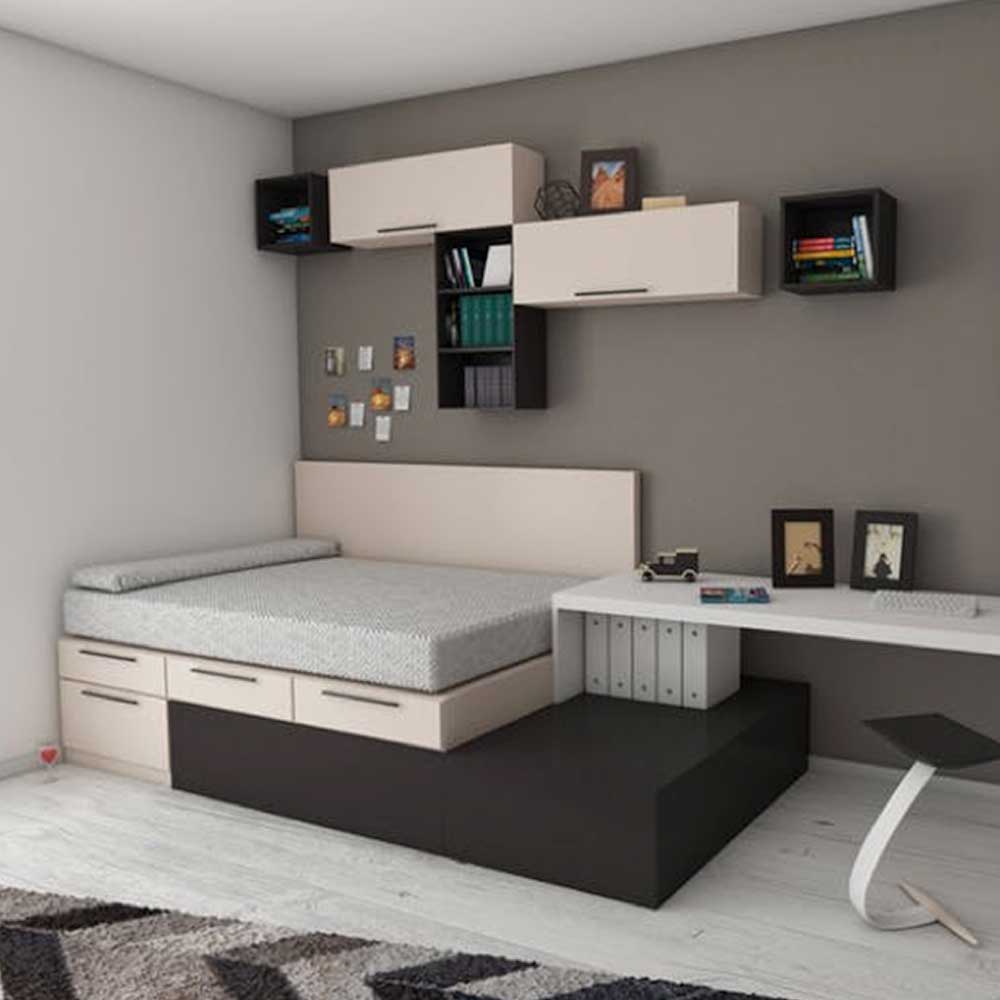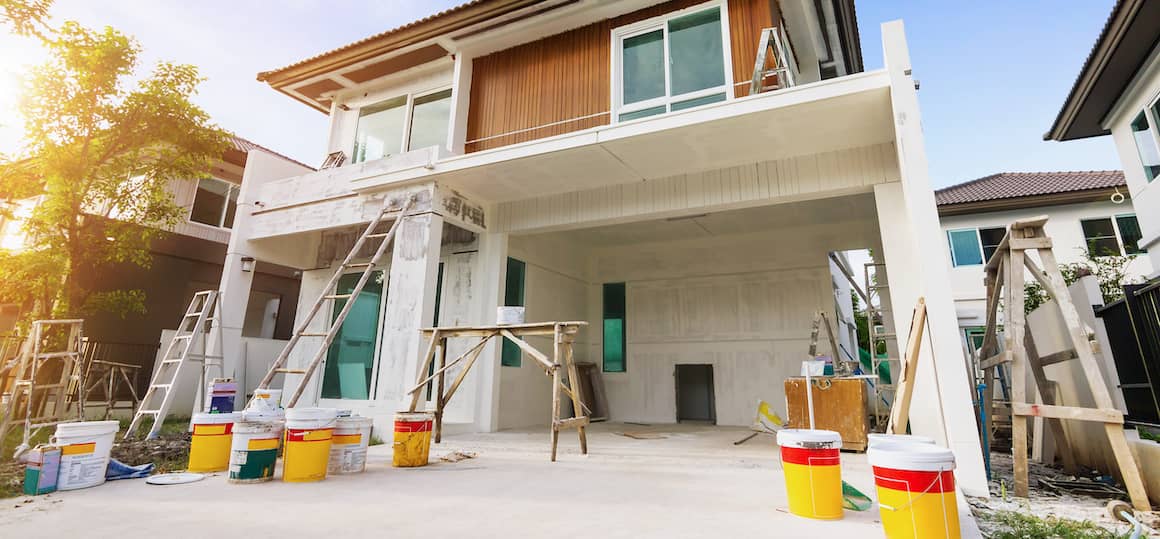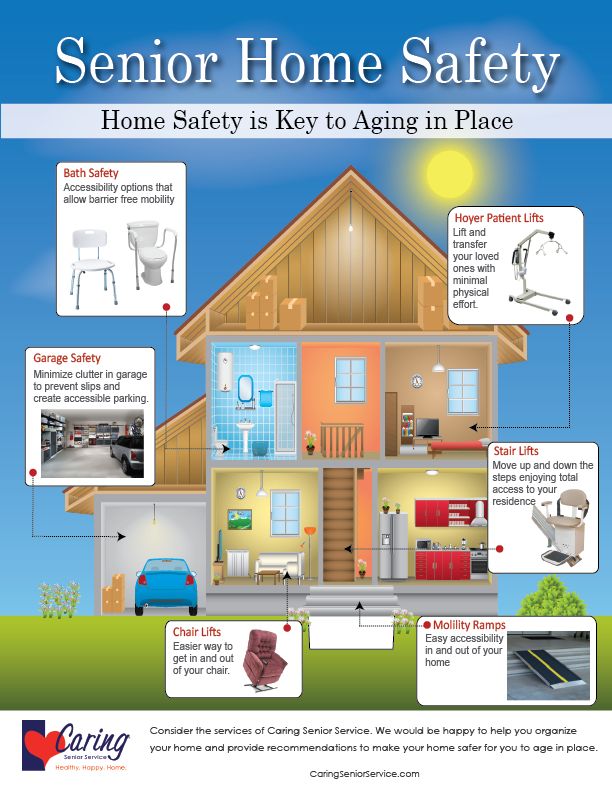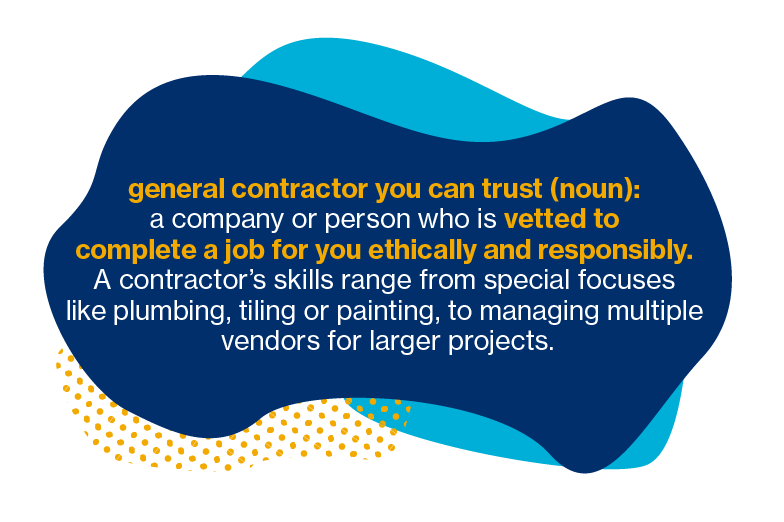A Comprehensive Guide to Home Improvement Loans
Contents
- 1 Welcome, Readers!
- 2 Introduction
- 3 A Comprehensive Guide to Home Improvement Loans – Key Information
- 4 FAQs – Frequently Asked Questions
- 4.1 1. Are home improvement loans tax-deductible?
- 4.2 2. Can I use a home improvement loan to finance exterior renovations?
- 4.3 3. What happens if I default on a home improvement loan?
- 4.4 4. How do I choose the right loan type for my home improvement project?
- 4.5 5. Can I repay my home improvement loan early?
- 4.6 6. Will applying for a home improvement loan impact my credit score?
- 4.7 7. Can I obtain a home improvement loan with bad credit?
- 5 Conclusion
- 6 Author
Welcome, Readers!
Thank you for choosing to read our comprehensive guide to home improvement loans. Whether you’re planning to renovate your kitchen, add an extra bathroom, or simply upgrade your living space, securing the necessary funds is a crucial step in turning your dreams into reality. In this guide, we will explore everything you need to know about home improvement loans, including their strengths, weaknesses, and frequently asked questions.
Introduction
Home improvement loans are financial tools designed to assist homeowners in funding their renovation projects. These loans offer individuals the flexibility to transform their living spaces without bearing the entire financial burden at once. By spreading the cost of home improvements over a set period, these loans provide affordable options for homeowners to undertake their desired projects.
In the following paragraphs, we will delve into the intricacies of home improvement loans, discussing their features, types, and the various factors you should consider before applying for one.
Types of Home Improvement Loans
There are several types of home improvement loans available to homeowners, each catering to different needs and financial situations. The most common types include:
- Personal Loans
- Home Equity Loans
- Home Equity Lines of Credit (HELOCs)
- Federal Housing Administration (FHA) Title I Property Improvement Loans
- Government-Sponsored Loans
- Revolving Credit Lines
- Manufacturer or Dealer Financing
Understanding the characteristics and suitability of these loan types is essential in making a well-informed decision for your home improvement project.
Strengths of Home Improvement Loans
Home improvement loans offer numerous advantages to homeowners, which make them an attractive financing option. Let’s explore some of their key strengths:
1. Flexibility in Project Scope
One of the major strengths of home improvement loans is the flexibility they provide in terms of project scope. Whether you are planning a minor renovation or a full-scale remodel, these loans can be tailored to meet your specific needs.
2. Competitive Interest Rates
Compared to credit cards and other sources of borrowing, home improvement loans often come with lower interest rates. This can save you significant money in the long run, especially for larger projects.
3. Predictable Monthly Payments
With home improvement loans, you enjoy the benefit of fixed monthly payments over a set repayment period. This allows for better budgeting and financial planning, as you know exactly how much you need to repay each month.
4. Increased Property Value
Undertaking home improvements not only enhances your living space but also increases the value of your property. By investing in the right upgrades, you can potentially boost your home’s resale value and recoup the cost of the loan.
5. Streamlined Application Process
Applying for a home improvement loan often involves a straightforward process, especially when compared to other forms of financing. Many lenders offer online applications and quick approvals, making the process convenient and efficient.
6. Tax Deductibility
In some cases, the interest paid on a home improvement loan may be tax-deductible. Consult with a tax professional to understand the specific tax benefits available in your situation.
7. Preserves Savings
By opting for a home improvement loan, you can preserve your savings for emergencies or other financial goals. Rather than depleting your bank account, you can spread the costs of your renovation project over time, ensuring financial security.
Weaknesses of Home Improvement Loans
While home improvement loans offer numerous benefits, it’s important to consider their potential drawbacks as well. Understanding the weaknesses of these loans helps you make an informed decision based on your circumstances.
1. Borrowing Costs
Like any loan, home improvement loans come with borrowing costs in the form of interest charges, origination fees, and other associated expenses. It’s essential to assess these costs to determine the affordability and feasibility of the loan.
2. Impact on Debt-to-Income Ratio
Before extending a home improvement loan, lenders assess your debt-to-income ratio to evaluate your ability to repay the loan. Taking on additional debt through a home improvement loan may affect this ratio, potentially impacting your eligibility for future loans.
3. Home Equity Requirement
Some types of home improvement loans, like home equity loans and HELOCs, require you to have a certain amount of home equity. If you have limited equity in your property, accessing these loan options may be challenging.
4. Risk of Default
Defaulting on a home improvement loan can have serious consequences, including damage to your credit score and potential foreclosure. It’s crucial to assess your ability to make timely repayments and consider the associated risks.
5. Property Value Fluctuations
While home improvements generally increase property value, external factors such as market conditions and location can influence the potential returns. It’s important to carefully evaluate the expected impact on property value and consider potential risks.
6. Limited Loan Amounts
The amount you can borrow through a home improvement loan may be limited by factors such as your credit score, income, and the value of your home. It’s important to align your renovation goals with the available financing options to ensure feasibility.
7. Potential Fees and Penalties
Home improvement loans may come with additional fees and penalties, such as prepayment penalties or late payment charges. It’s essential to carefully review the loan terms and conditions to understand any potential expenses.
A Comprehensive Guide to Home Improvement Loans – Key Information
| Loan Type | Interest Rate | Loan Term | Loan Amount | Collateral | Eligibility Criteria |
|---|---|---|---|---|---|
| Personal Loans | Varies | 1-7 years | Up to $100,000 | No collateral required | Good credit score, stable income |
| Home Equity Loans | Fixed or variable | 5-30 years | Up to 85% of equity | Home equity | Minimum equity, debt-to-income ratio |
| Home Equity Lines of Credit (HELOCs) | Variable | 10 years (draw period) + 20 years (repayment period) | Up to 85% of equity | Home equity | Minimum equity, debt-to-income ratio |
| FHA Title I Property Improvement Loans | Varies | Up to 20 years | Up to $25,000 (single-family) | No collateral required | Property qualifying as security |
| Government-Sponsored Loans | Varies | Varies | Varies | Varies | Varies |
| Revolving Credit Lines | Variable | Varies | Varies | No collateral required | Good credit score, income verification |
| Manufacturer or Dealer Financing | Varies | Up to 7 years | Varies | Varies | Varies |
FAQs – Frequently Asked Questions
1. Are home improvement loans tax-deductible?
Yes, home improvement loan interest payments may be tax-deductible under certain conditions. Consult with a tax professional for specific guidance based on your situation.
2. Can I use a home improvement loan to finance exterior renovations?
Yes, home improvement loans can be used for various types of renovations, including exterior improvements such as landscaping, adding a deck, or installing a swimming pool.
3. What happens if I default on a home improvement loan?
Defaulting on a home improvement loan can have serious consequences, including damage to your credit score and potential legal action by the lender. It’s important to communicate with your lender if you face difficulties in making repayments.
4. How do I choose the right loan type for my home improvement project?
Choosing the right loan type depends on factors such as your credit score, home equity, and project requirements. It’s advisable to compare different loan options, assess their terms and interest rates, and choose the one that best fits your needs.
5. Can I repay my home improvement loan early?
Most home improvement loans allow early repayment without any penalties. However, it’s essential to review the terms and conditions of your specific loan agreement to confirm whether early repayment is allowed.
6. Will applying for a home improvement loan impact my credit score?
Applying for a home improvement loan may have a minor impact on your credit score due to the associated credit inquiry. However, this impact is usually temporary, and responsible loan repayment can have a positive long-term effect on your credit history.
7. Can I obtain a home improvement loan with bad credit?
While securing a home improvement loan with bad credit may be more challenging, it is not impossible. Exploring options such as personal loans or government-sponsored programs may provide alternative financing opportunities for individuals with lower credit scores.
Conclusion
In conclusion, a home improvement loan serves as a valuable tool for homeowners seeking to transform their living spaces. By understanding the strengths and weaknesses of these loans, as well as considering their type and eligibility requirements, you can make an informed decision that aligns with your financial goals.
If you’re ready to embark on your home improvement journey, we recommend exploring various loan options, comparing their terms and interest rates, and consulting with financial professionals if needed. Remember, proper planning and budgeting contribute to a successful and rewarding home improvement project.
Now that you are equipped with key information about home improvement loans, take the necessary steps to turn your dream home into a reality. Start exploring your loan options today, and make your home improvement aspirations come true!
Disclaimer: The information provided in this article is for educational purposes only and should not be considered financial advice. Please consult with a qualified financial advisor or lender for personalized guidance regarding your specific situation.










